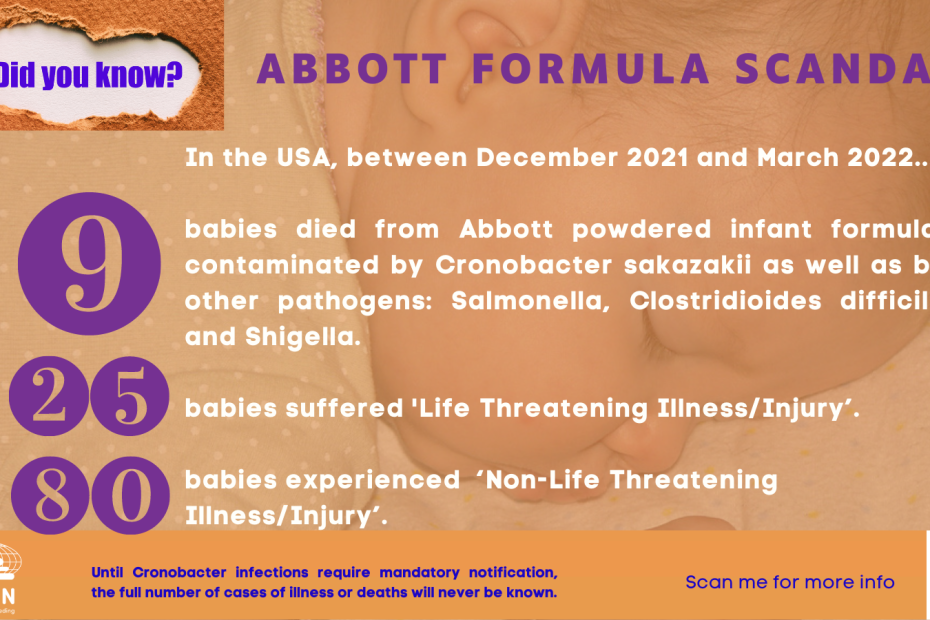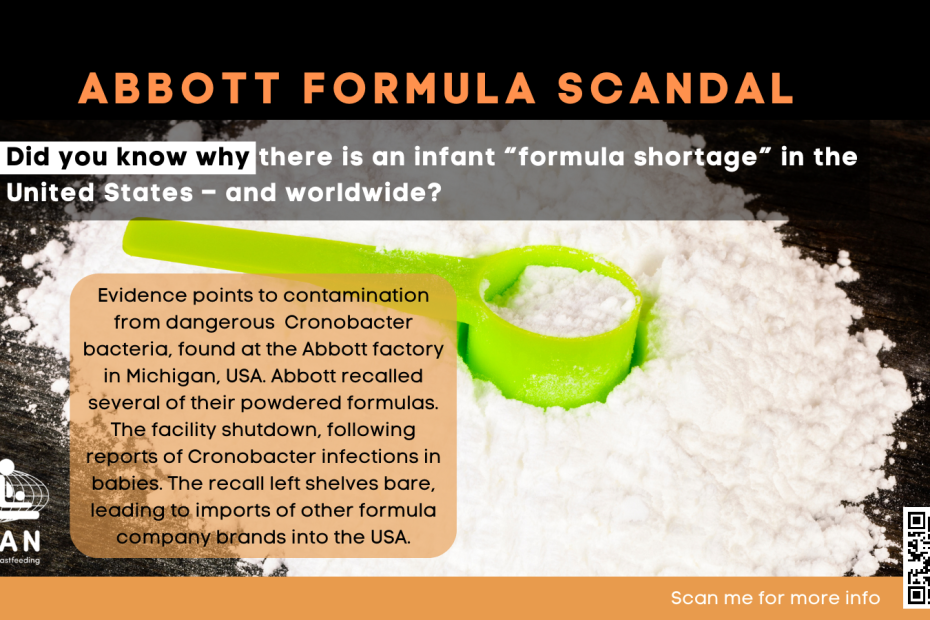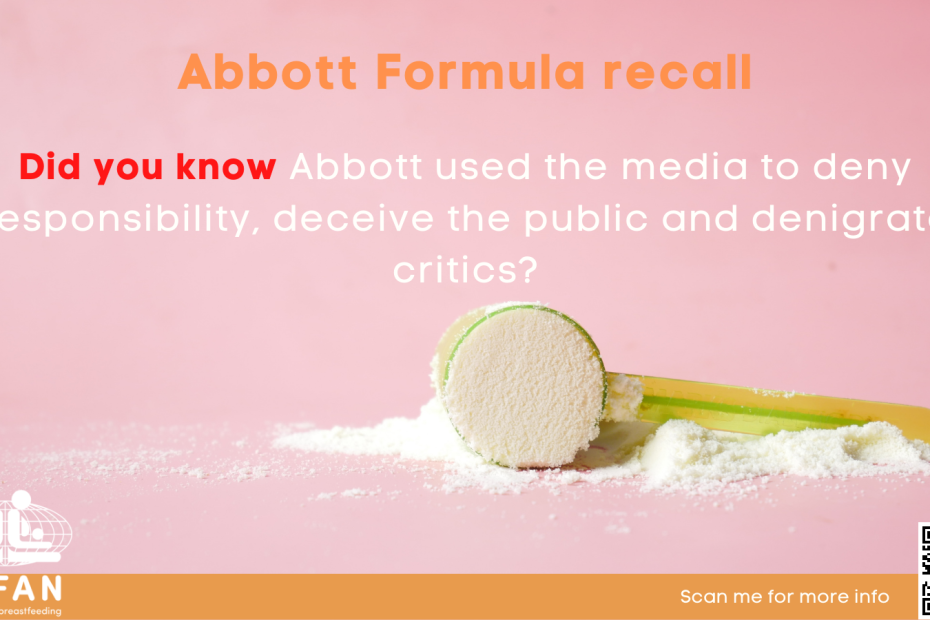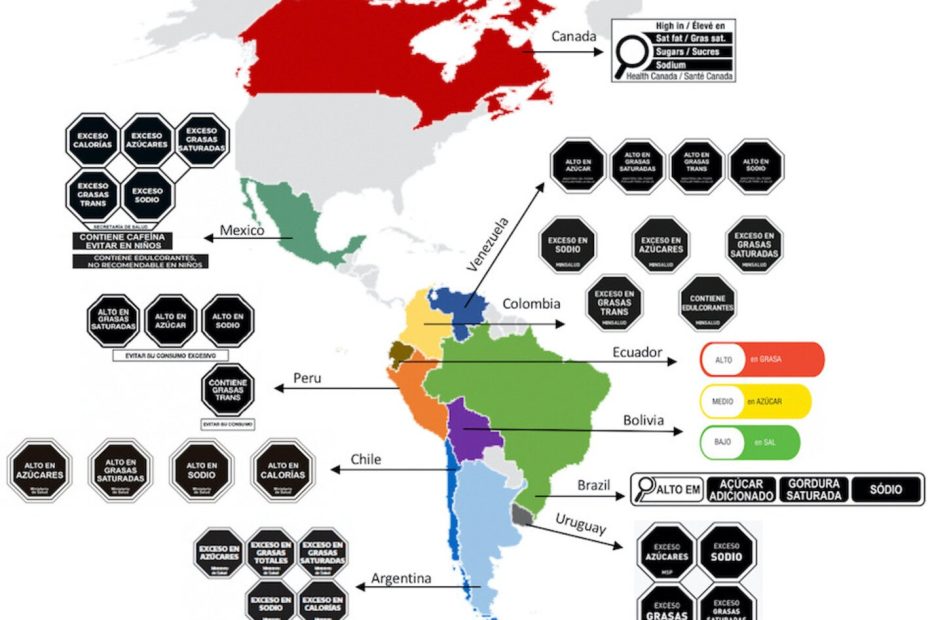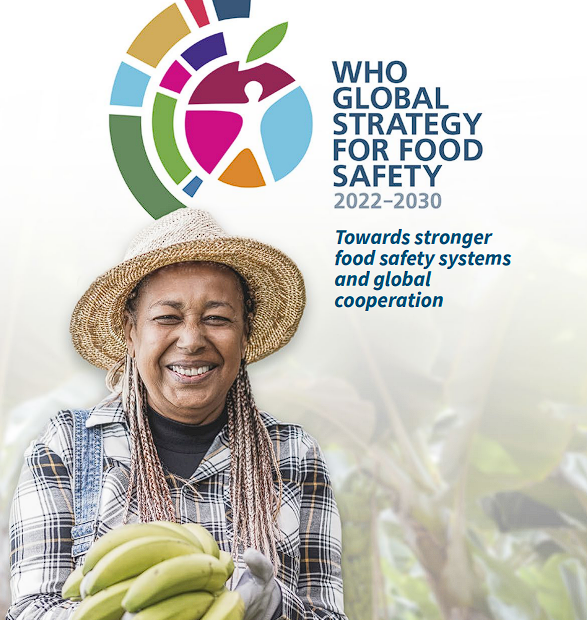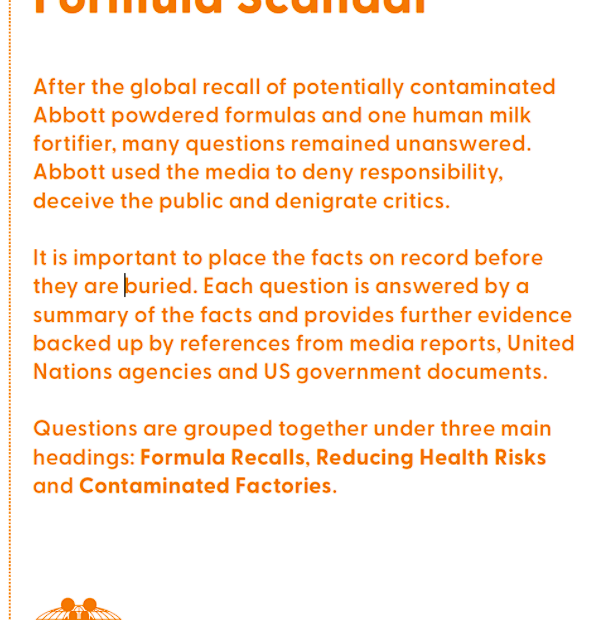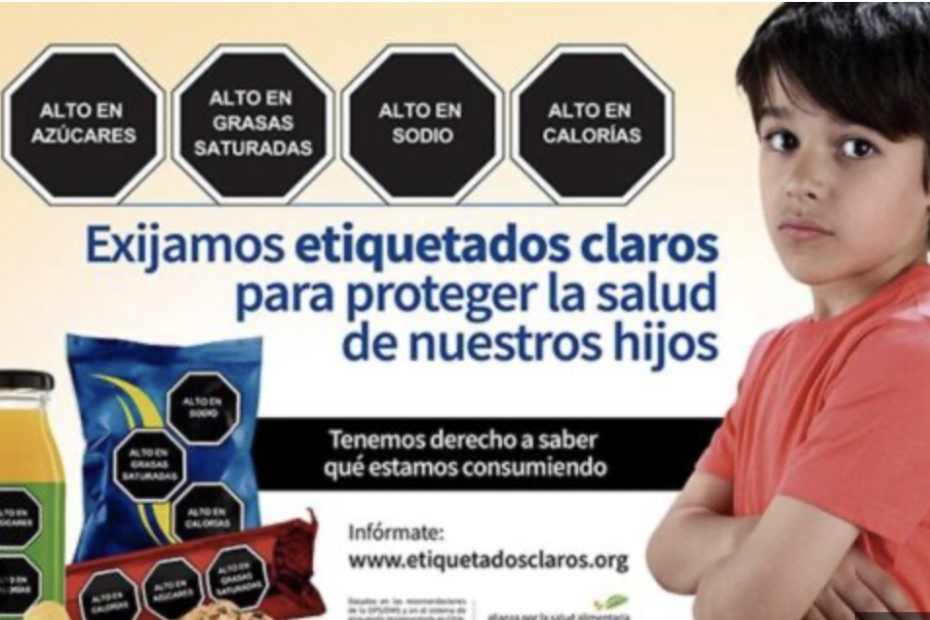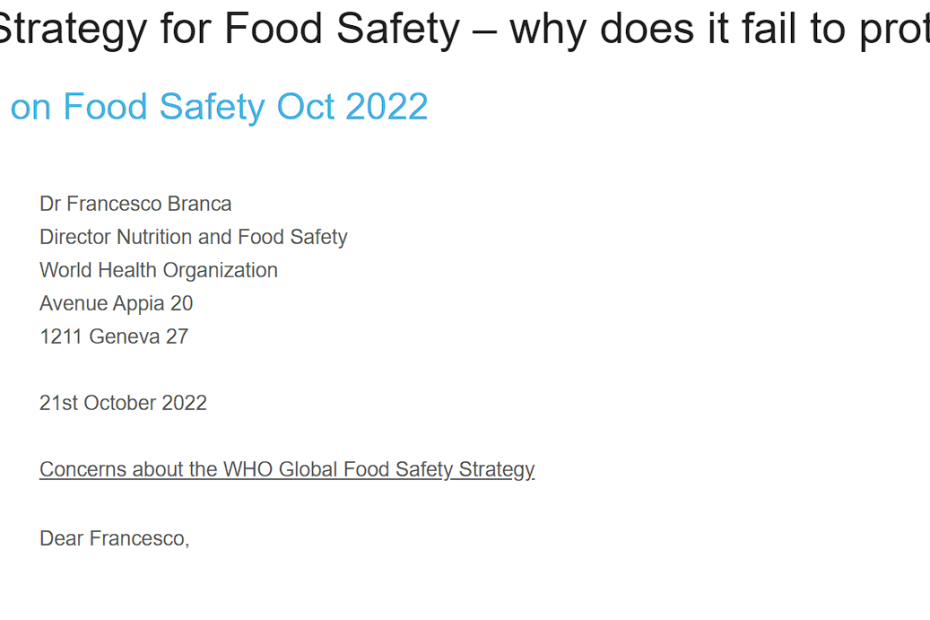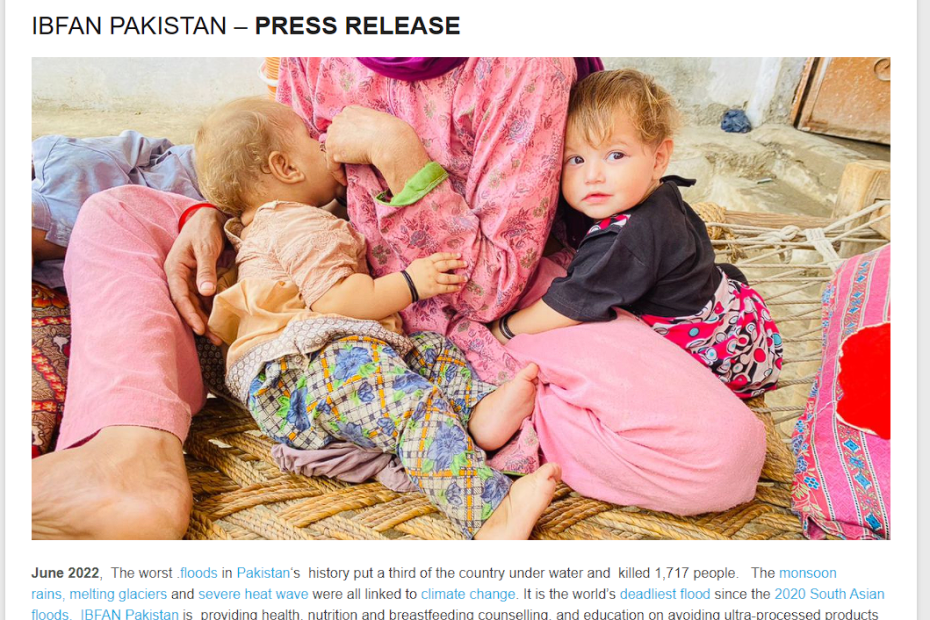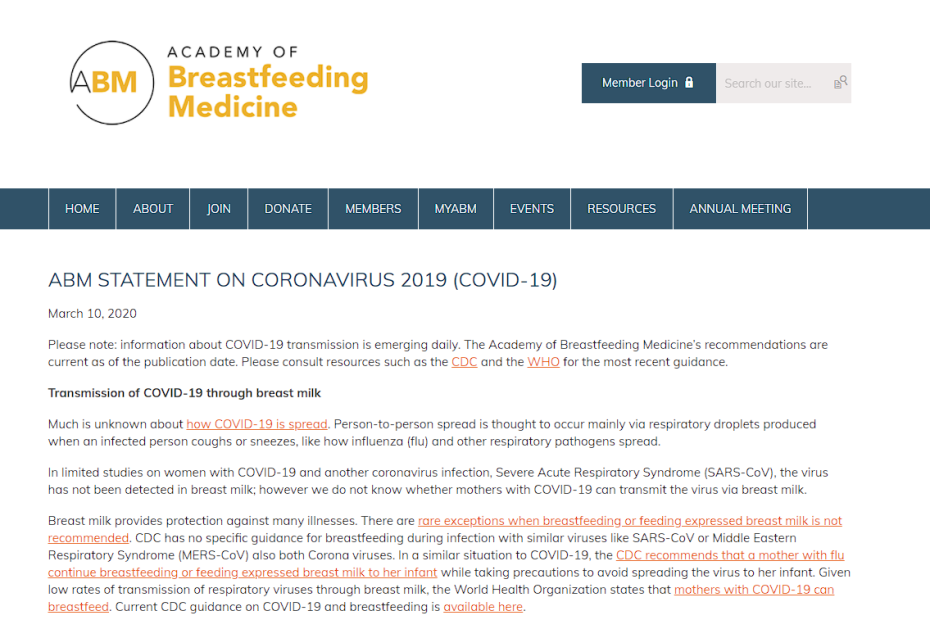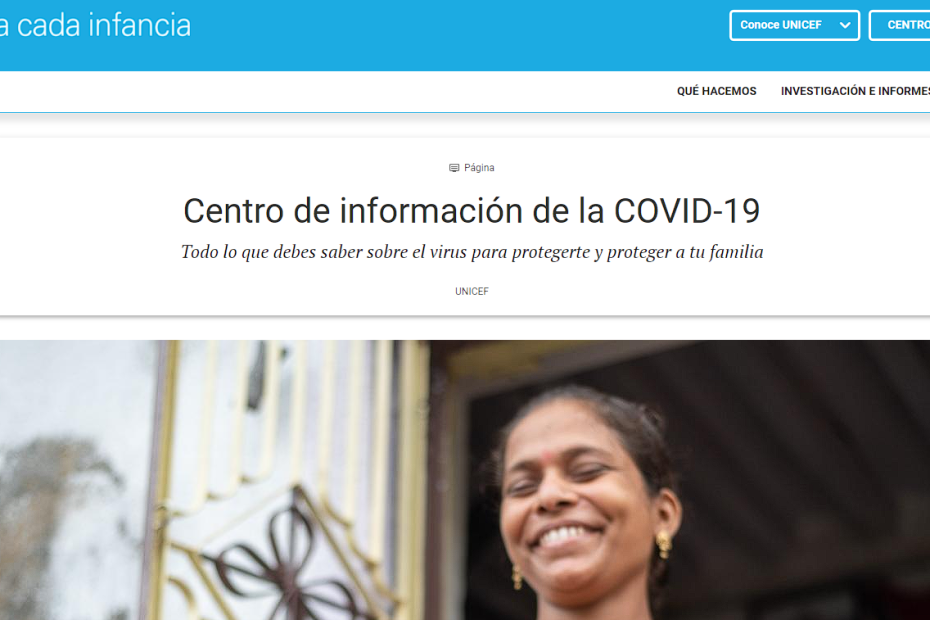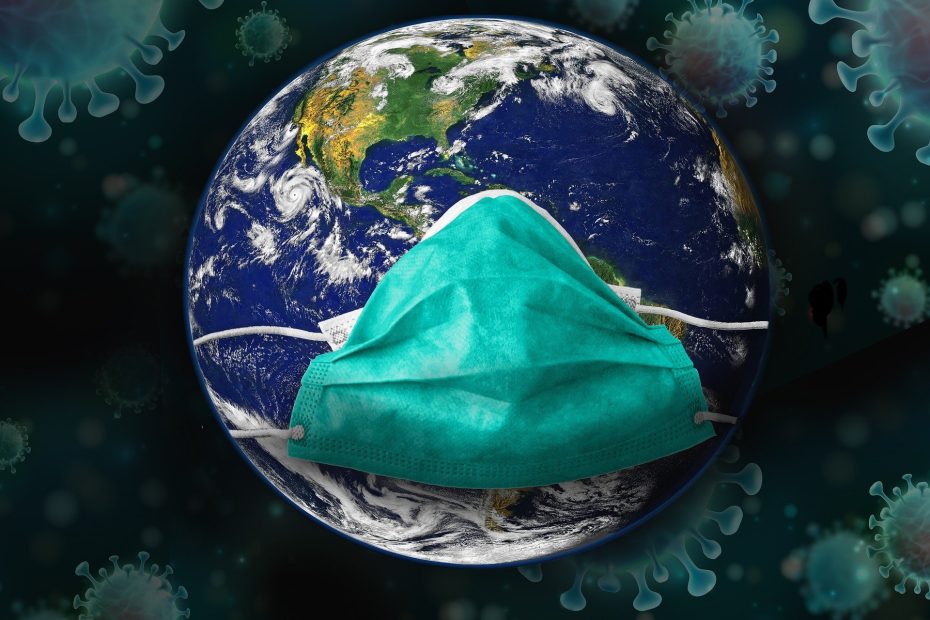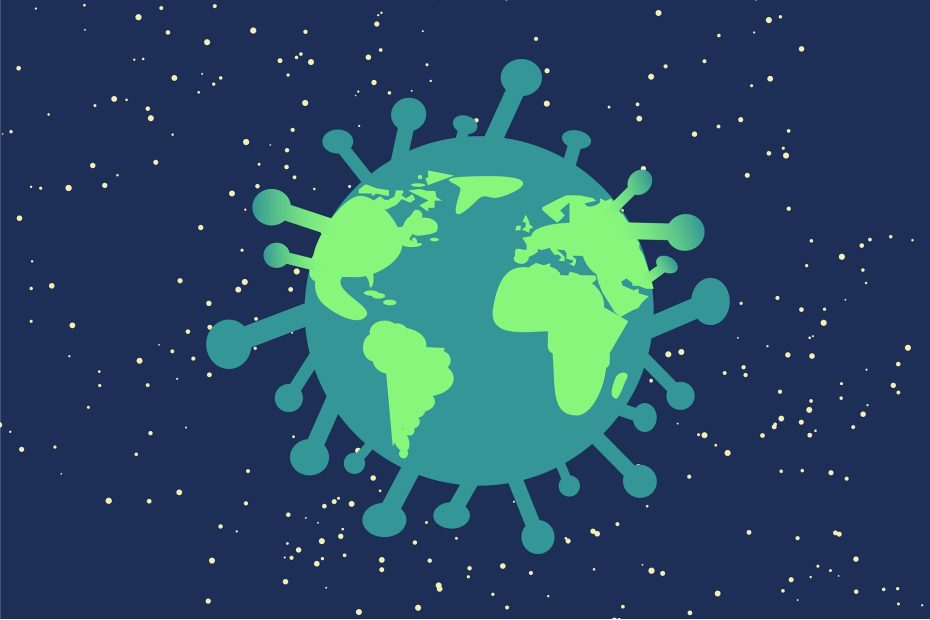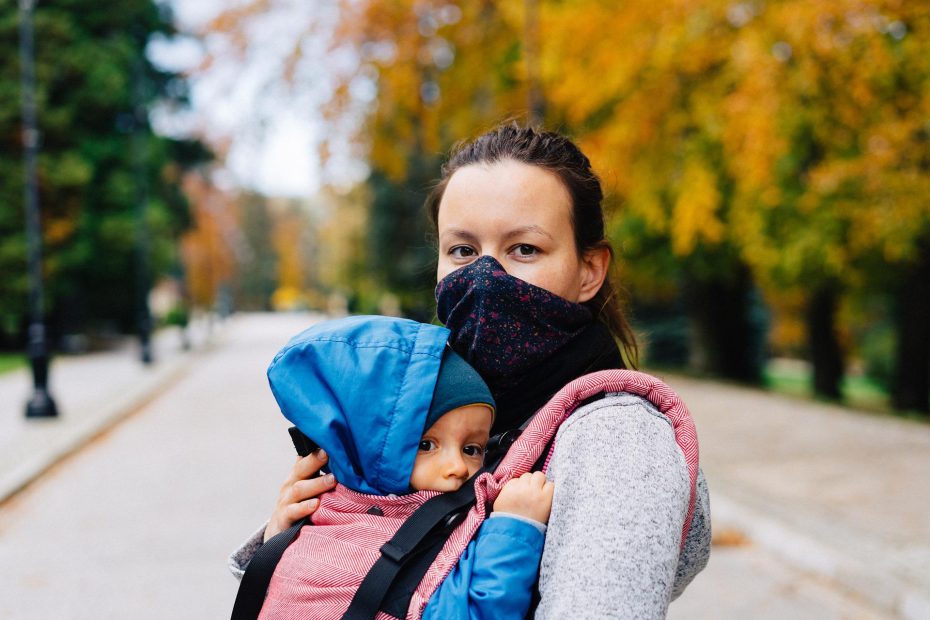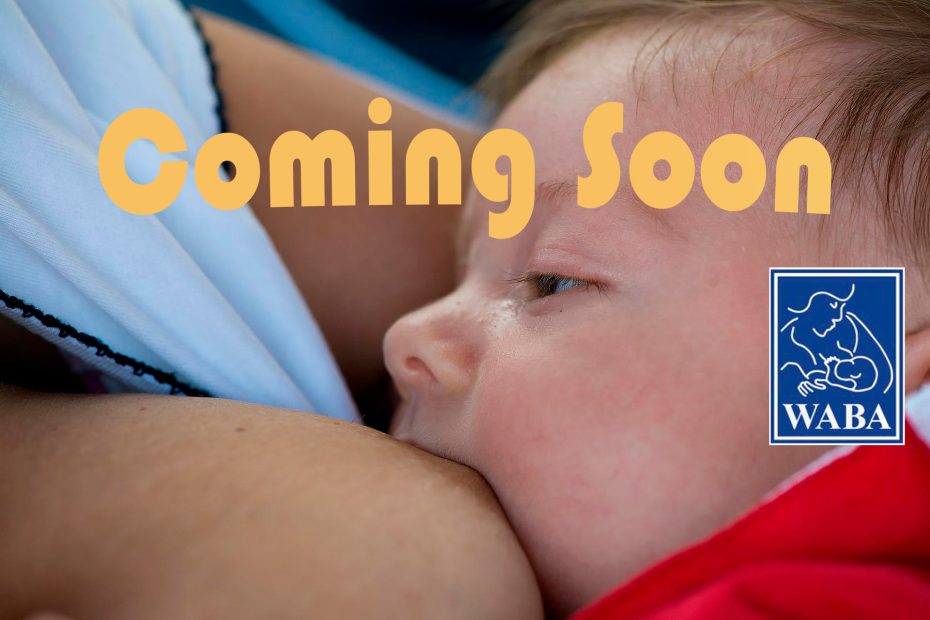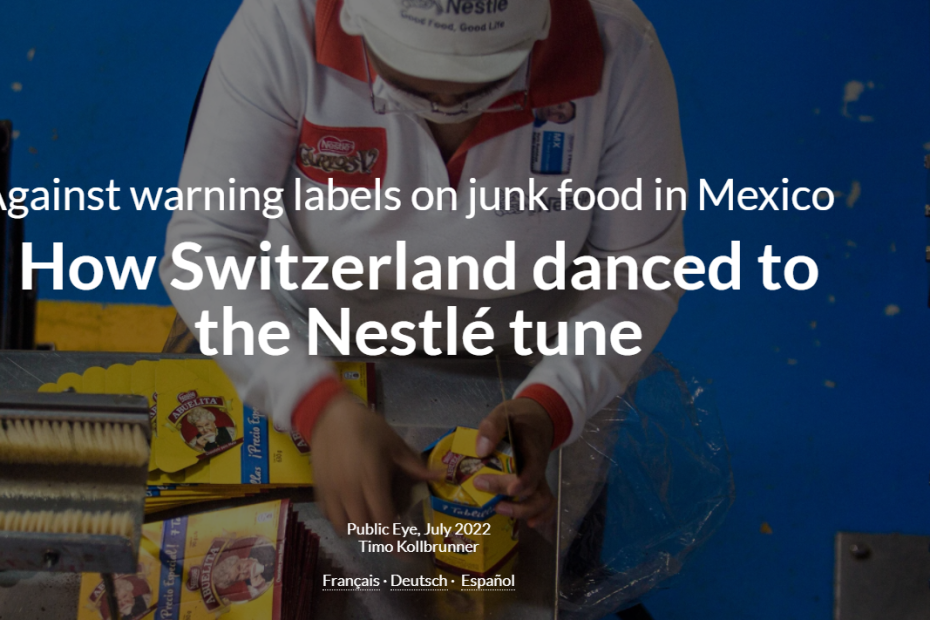Lu Fernandes Lu
Adoption of front-of-pack nutrition warnings can help decrease obesity, cardiovascular disease, type-2 diabetes and some cancers in the Americas
RENO, Nev. — The adoption of best practice front-of-pack nutrition labeling in more countries of Americas can help reduce poor-nutrition related non-communicable diseases (NCDs) such… Read More »Adoption of front-of-pack nutrition warnings can help decrease obesity, cardiovascular disease, type-2 diabetes and some cancers in the Americas
IBFAN defends Mexico’s warning label against food industry attacks
The ultra-processed products and sugary drinks industry is seeking, through injunctions, to delay and eliminate Mexico’s front warning labeling, putting their commercial interests before the health… Read More »IBFAN defends Mexico’s warning label against food industry attacks
COP27
I deeply believe that COP27 is an opportunity to showcase unity against an existential threat that we can only overcome through concerted action and effective… Read More »COP27
WHO Global Strategy for Food Safety – why does it fail to protect babies?
As you know, IBFAN greatly values WHO’s efforts to protect maternal and child health and its clear wish to strengthen Member States’ food safety capacity.… Read More »WHO Global Strategy for Food Safety – why does it fail to protect babies?
Breastfeeding International Emergency Response with IBFAN Pakistan Report
June 2022, The worst .floods in Pakistan‘s history put a third of the country under water and killed 1,717 people. The monsoon rains, melting glaciers and severe heat wave were all… Read More »Breastfeeding International Emergency Response with IBFAN Pakistan Report
Trata-se de avaliaí§í£o de medida para o enfrentamento da situaí§í£o de emergíªncia em saúde pública decorrente do Coronavírus
Idioma: PORTUGUES – Archivo PDF del Departamento de Aí§íµes Programácas Estratégicas, Secretaria de Atení§í£o Primária í Saúde, Ministério da Saúde. Brasil.
Posición actual de la Comisión Nacional de Lactancia Materna de Costa Rica con relación a la lactancia materna y COVID-19
Idioma: ESPAí‘OL – Archivo PDF de la Comisión Nacional de Lactancia Materna, Ministerio de Salud del Gobierno de Costa Rica.Fecha: 18 de Marzo de 2020
Against warning labels on junk food in Mexico How Switzerland danced to the Nestlé tune
Mexico has implemented black STOP-style signs on unhealthy foods to combat the country’s rampant obesity trend. However, the project was met with fierce resistance from… Read More »Against warning labels on junk food in Mexico How Switzerland danced to the Nestlé tune

